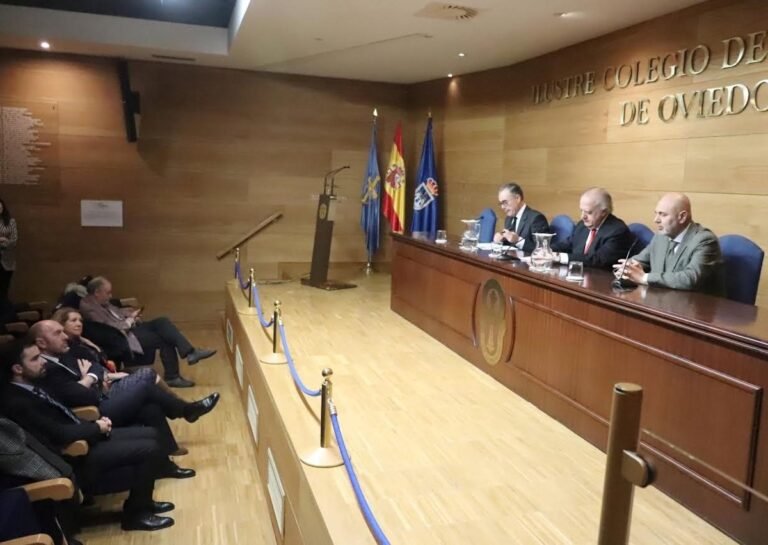
The Executive has concluded the census on the wolf population in Spain, which was supposed to be ready for this month, and has concluded that «there are fewer wolves than lynxes.»
This was highlighted by the Secretary of State for the Environment, Hugo Morán, who defended the protection of the wolf as was done with the lynx. «The data collection on the situation of the species in our country has just been completed, and the final data shows that there are fewer wolves than lynxes in Spain,» he emphasized on Wednesday at an informative breakfast organized by Executive Forum when asked about what the State Secretariat will do to ensure the protection of the wolf.
The new census updates the one from 2012-2014 and has been carried out by the autonomous communities in coordination with Ecological Transition. In any case, Spain submitted a report to the European Commission evaluating the period from 2013-2018, indicating that the species is in a ‘Unfavorable inadequate’ conservation status in the three biogeographical regions where it is present in Spain, as well as in the joint evaluation of its conservation status at a national level.
During his intervention, Morán expressed his «satisfaction» that the Iberian lynx has gone from being an endangered species to having a «vulnerable» status on the Red List of Threatened Species of the International Union for Conservation of Nature (IUCN).
«Lynx was practically considered a ‘vermin’,» he said. «Practically all citizens and administrations have implemented policies to reintroduce the lynx in their territories. A species that had been considered vermin, exterminated in much of the country, left only in the south, and is gradually reclaiming those spaces,» he recounted.
In this sense, the Secretary of State explained that «the wolf experienced the same fate as the lynx, but geographically in the opposite direction.» «It was exterminated from south to north. It ended up in a stronghold in the north and is gradually reclaiming space. The bear has had a similar experience,» he noted.
«I believe the reflection we need to make is why the lynx and not the wolf? If both provide similar ecosystem services,» Hugo Morán suggested, adding that it is probably «an ancestral issue of understanding, social character, respect in relation to one species or another.»
«Teddy bears or even lynxes or kittens are quite common to find. But wolf plush toys… are not very abundant, there are some. And I think that leads to a concept, a prejudice regarding the species that often leads us to make mistakes,» Hugo Morán pointed out.
In this scenario, the Secretary of State for the Environment calls for awareness that it is «the same problem.» «Nature cannot be chosen in the sense of ‘I only like this 72% of nature and not the rest.’ Nature is a whole. We either manage nature with the concept of defending and protecting nature or protecting nature selectively does not seem like a good solution,» he emphasized.
Regarding the stance of the Ministry of Ecological Transition on whether to continue allowing hunters to use lead ammunition contrary to the position of the European Commission, Hugo Morán stated, «The sooner we stop consuming lead, the better off we will be.» He argued that it is a problem for environmental health and, consequently, for human health.
FUENTE



